7:00AM to 5:00PM
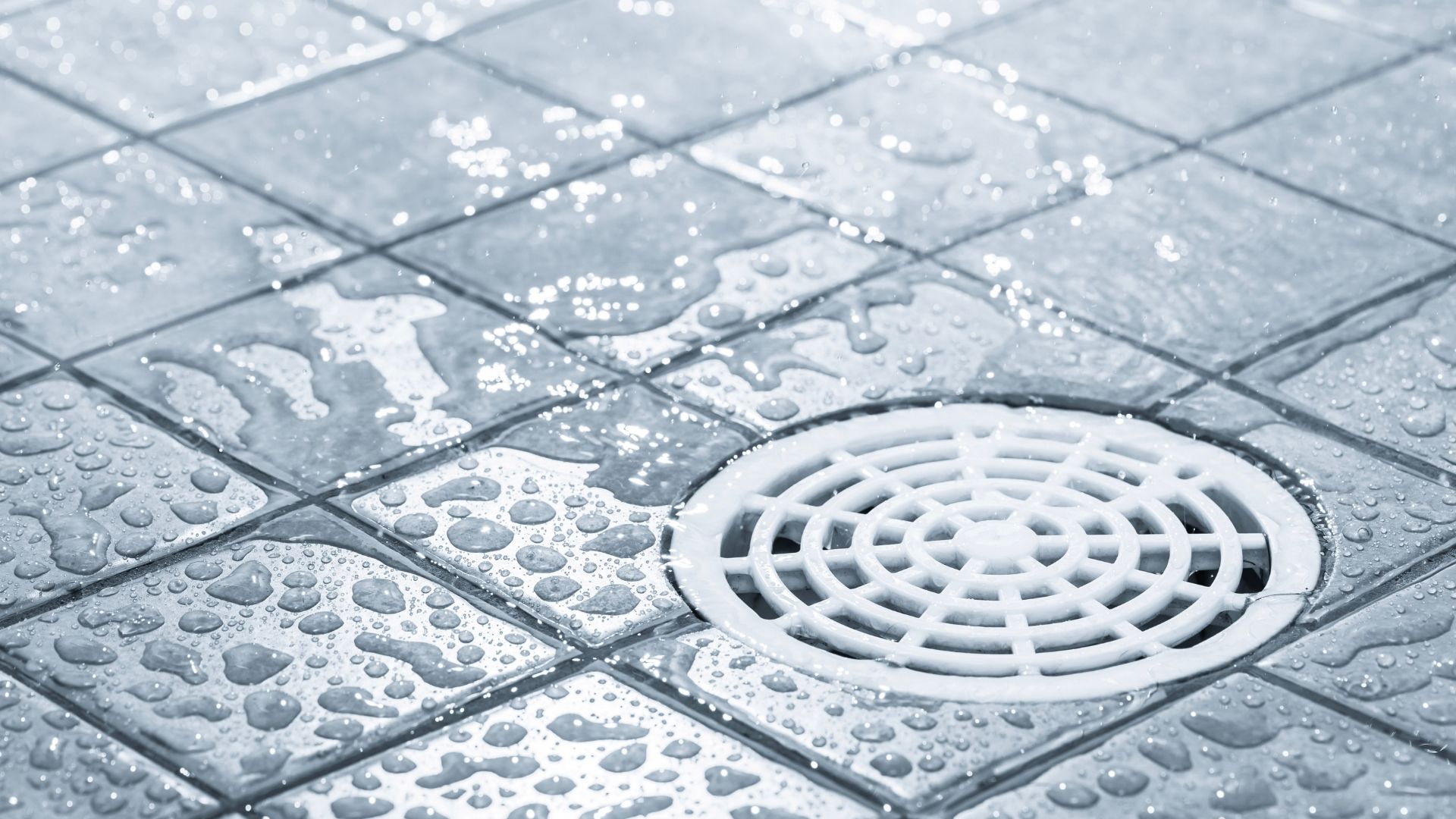
Blocked shower drains are a common plumbing problem that can disrupt your routine and create unnecessary stress. Whether you’re dealing with slow drainage, unpleasant odours, or water pooling at your feet, we’re here to help you understand the underlying issues and provide practical solutions.
In this article, we’ll delve into common hot water issues that can contribute to blocked shower drains, offer guidance on determining the cause of the blockage, and advise you on when to seek professional plumbing assistance. We’ll also explore rare cases when electrical issues are a factor. We’ll also provide step-by-step DIY fixes and maintenance tips for those who prefer a hands-on approach.
In the world of plumbing, seemingly unrelated problems can often converge to create larger issues. Blocked shower drains are no exception. To understand and effectively address these blockages, it’s crucial to consider the typical hot water issues that can play a significant role.
Firstly, water temperature fluctuations can contribute to blockages. Hot water can accumulate debris, soap scum, and hair when it cools and solidifies in your pipes. This build-up gradually narrows the passageway, resulting in slow drainage or blockages.
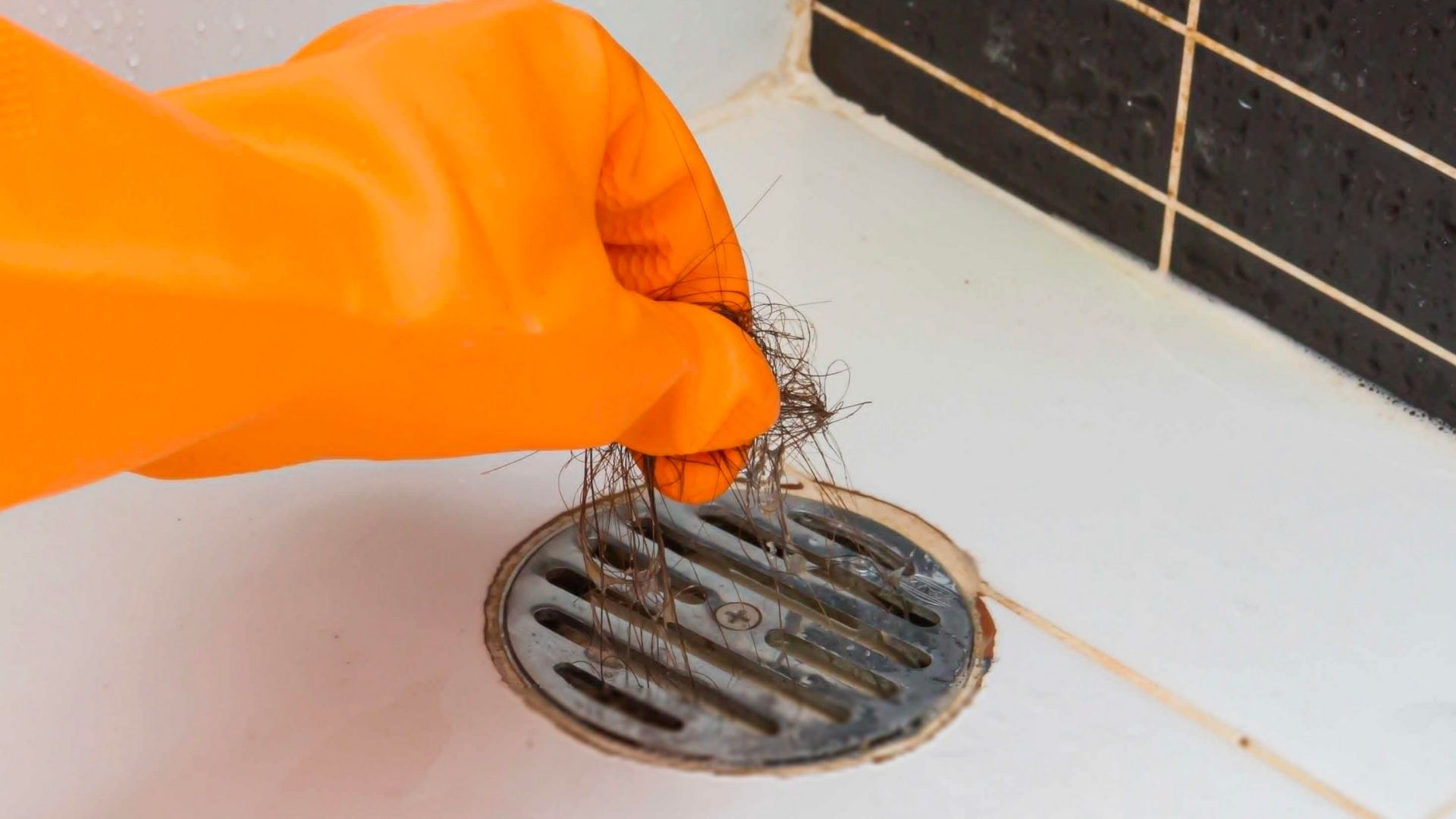
Secondly, hard water is a frequent culprit. It contains high levels of minerals like calcium and magnesium, which can form deposits on the inner walls of your pipes over time. These mineral deposits can trap other debris, exacerbating blockages.
The age and condition of your hot water system matter. Older systems may experience corrosion or sediment build-up, reducing water flow. This, in turn, can contribute to blockages in your shower drain.
Lastly, inadequate maintenance of your hot water system can lead to problems. Regular checks and maintenance can prevent issues from worsening over time, potentially resulting in blocked drains. Understanding these common hot water issues is the first step in effectively addressing blocked shower drains.
A blocked shower drain can quickly turn your refreshing shower into a frustrating experience. When water starts pooling around your ankles instead of flowing smoothly down the drain, it’s time to investigate the cause.
Determining the underlying issue is crucial for implementing the right solution. Several factors can contribute to a clogged shower drain. One common culprit is a build-up of hair and soap scum.
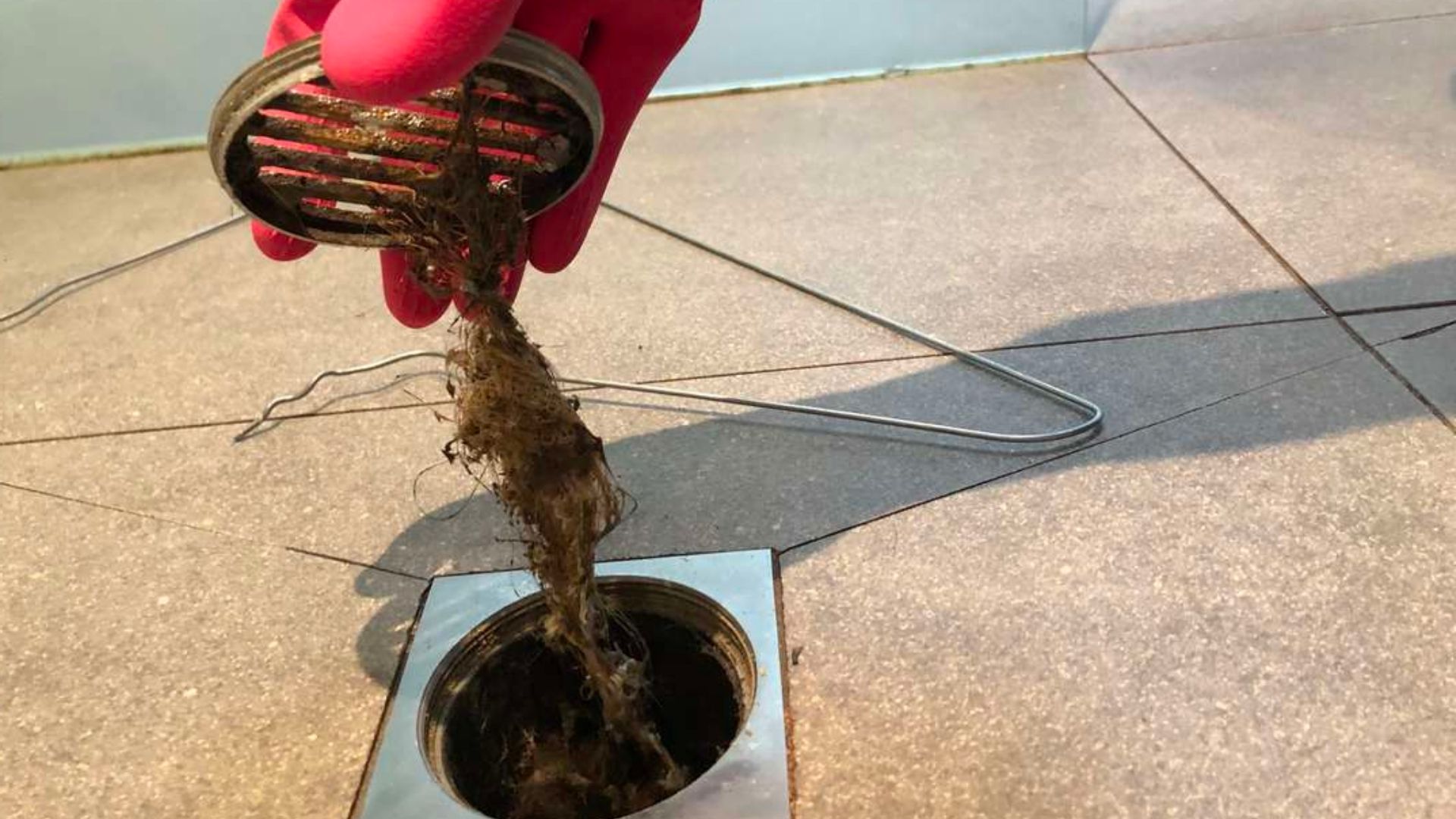
Over time, these substances accumulate in the drainpipe, gradually restricting water flow. Another potential cause could be the intrusion of foreign objects, such as small toys or jewellery, that have accidentally found their way down the drain.
Additionally, mineral deposits from hard water can accumulate and form stubborn blockages. By identifying the root cause of your blocked shower drain, you can take appropriate measures to restore it to its optimal functionality and enjoy uninterrupted showers again.
Addressing a blocked shower drain yourself can be both cost-effective and rewarding. Here are some effective DIY solutions to help you clear the blockage:
Start with a chemical drain cleaner designed to clear blockages. Follow the manufacturer’s instructions carefully and ensure adequate ventilation during use.
Use a plunger designed explicitly for drains, not a toilet plunger. Create a tight seal around the drain and plunge vigorously to dislodge the blockage.
A drain snake or auger is a handy tool for reaching deeper blockages. Insert it into the drain and turn the handle to break up and remove the obstruction.
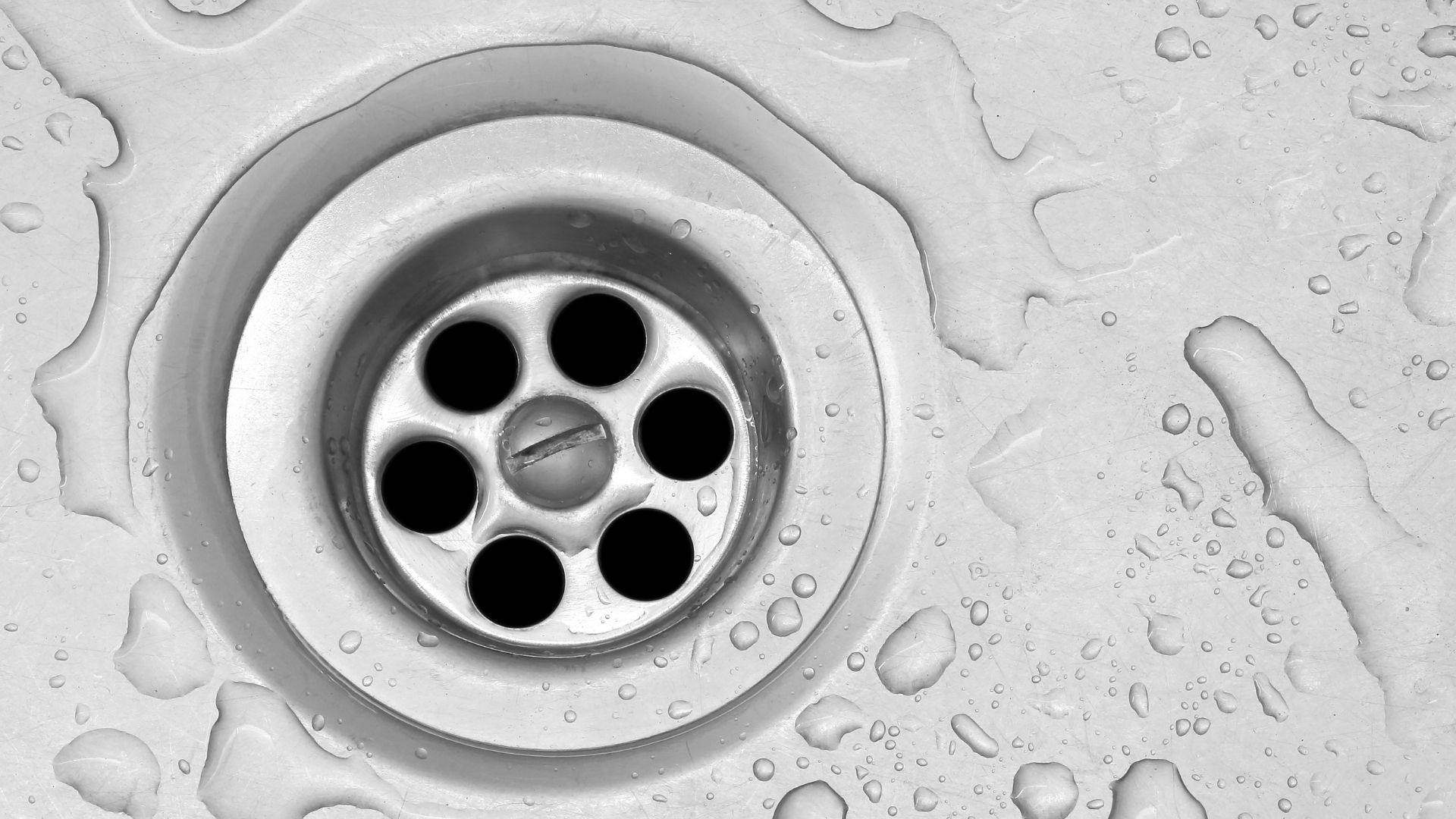
A mixture of baking soda and vinegar can sometimes dissolve minor shower blockages. Pour a cup of baking soda followed by a cup of vinegar into the drain, let it sit for about 15 minutes, and then flush with hot water.
In some cases, hair and debris may become stuck on the drain cover. Remove it, clean it thoroughly, and reinstall it.
Consider using drain screens to catch hair and debris and prevent future blockages. Regularly cleaning these screens can help maintain smooth drainage.
While DIY solutions can help with minor blockages, professional plumbers are essential in some situations. You should consider professional assistance in the following scenarios:
Repeated shower drain blockages may signal an underlying plumbing issue that requires expert evaluation.
If various fixtures in your home experience drainage problems simultaneously, it indicates a systemic issue that professionals can diagnose and address effectively.
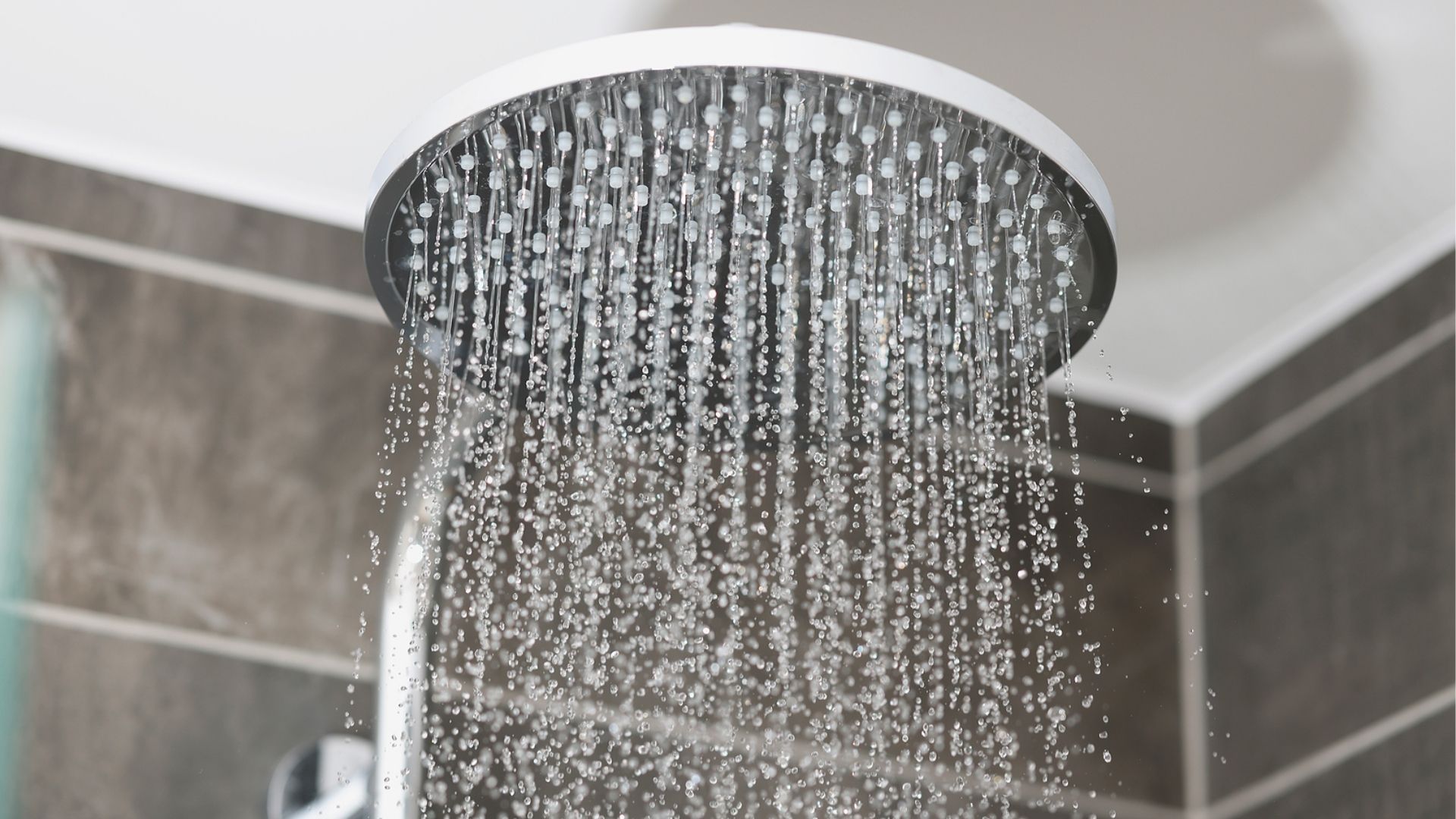
Widespread slow drainage could indicate a blockage in the main sewer line, necessitating professional video inspections to locate and resolve the issue.
Persistent unpleasant odours from drains or pipes may signify more extensive problems, such as blocked sewer vents or damaged sewer lines, which plumbers can identify and repair.
If DIY attempts to clear the blockage have proven unsuccessful, professionals have the tools and expertise to handle stubborn blockages and prevent further damage.
Addressing a blocked shower drain requires a thoughtful approach that considers both the cause and cost of resolution. Whether you opt for DIY solutions or enlist the expertise of professionals like Gold Coast Plumbing Company, timely action is crucial to restore your plumbing system’s functionality.
Remember that persistent blockages, multiple affected fixtures, or slow drainage throughout your home may signify underlying issues requiring professional assessment. Don’t hesitate to contact experienced plumbers who can efficiently diagnose and resolve complex blockages, ensuring long-term plumbing health.
As a friendly reminder, preventive measures like drain screens and routine maintenance can help you avoid future blockages, saving you time and money. With the proper knowledge and assistance, your shower’s smooth operation is within reach.
Please contact Gold Coast Plumbing Company via email or phone for expert guidance and prompt assistance with your blocked shower drain. Our team is ready to provide the expertise and solutions you need. Don’t let a blocked shower drain disrupt your daily life—take action today for a hassle-free tomorrow.